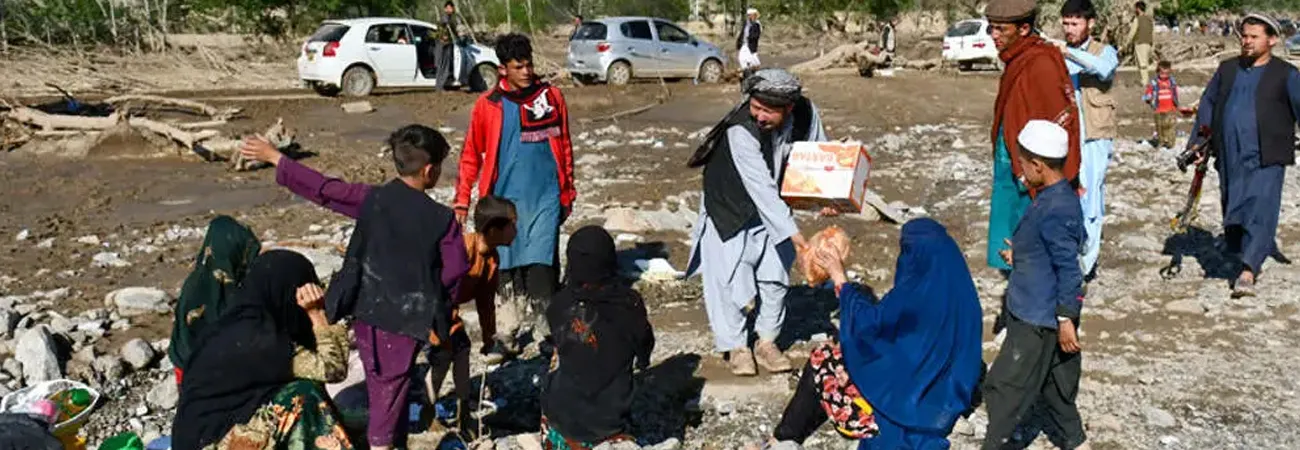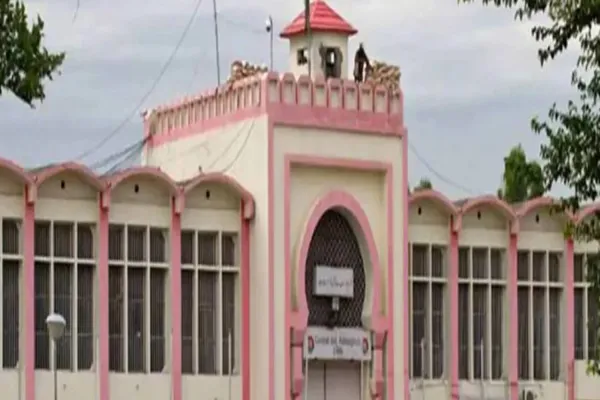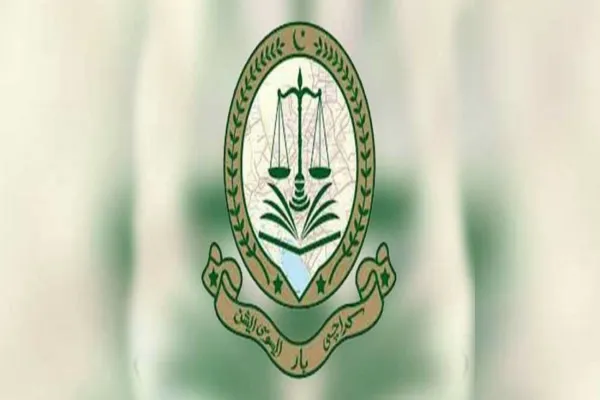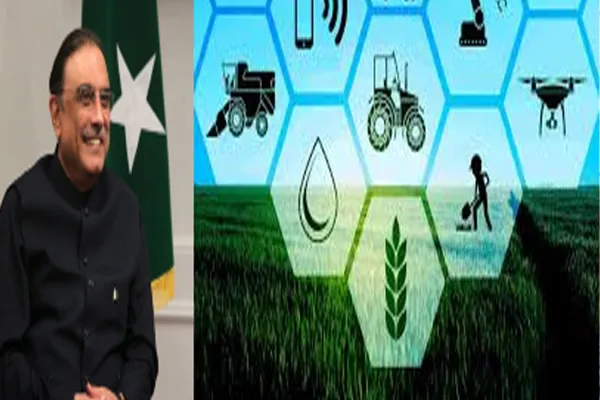i NEWS PAKISTAN
At least 300 people have died, and thousands have been left homeless due to severe floods in Afghanistan, according to the International Organization for Migration (IOM). The floods have destroyed nearly 2,000 homes across Badakhshan, Ghor, Baghlan, and Herat provinces, compounding an already dire humanitarian crisis in the country. Three years after the Taliban seized control of Kabul, Afghanistan continues to face severe challenges. The economy has collapsed, resulting in widespread unemployment and increased malnutrition. The health care system is failing, and millions are at risk of starvation. Under Taliban rule, restrictions on women's rights have intensified, with most women banned from working.
This has hampered the efforts of international aid organizations, as the Taliban has harassed aid workers and restricted women from working with the United Nations. The United Nations has described the situation in Afghanistan as the world's largest humanitarian crisis, with thousands more now in need of urgent assistance due to the recent floods. The Taliban's oppressive policies have also targeted media and civil society organizations, silencing dissent and eradicating women's presence in public life. A 2023 Pentagon review warned of the resurgence of terrorist groups like the Islamic State of Khorasan and Tehreek-e-Taliban Pakistan, using Afghanistan as a base to plan global attacks. Despite the Taliban's control, Afghanistan remains in crisis, with millions suffering from economic hardship and lack of basic services.
Credit: Independent News Pakistan









